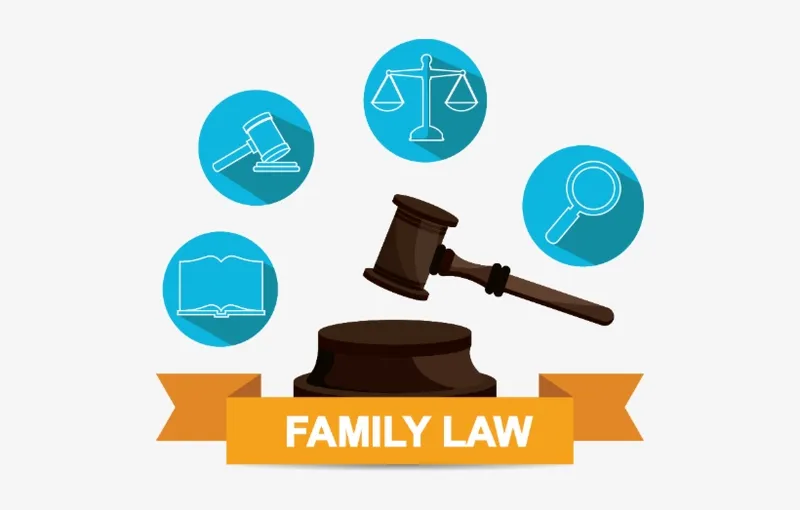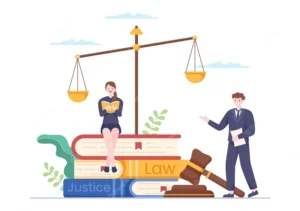Recent Changes and Updates in Family Law

Family law is a dynamic field that continuously evolves to reflect the changing needs of society. Staying informed about recent changes and updates in family law is crucial, whether you’re a legal professional, someone navigating family-related legal matters, or simply interested in understanding the current state of family law. In this article, we’ll explore some of the significant recent developments and updates in family law, shedding light on how they may impact various aspects of family life and legal proceedings.
Contents
1. Divorce Laws and Procedures
No-Fault Divorce Reform
In recent years, many U.S. states have adopted or considered adopting no-fault divorce reforms. These reforms aim to simplify the divorce process, eliminate the need to prove fault grounds, and reduce contentious legal battles. Couples can now cite “irreconcilable differences” or similar reasons as the basis for divorce, making it more accessible and less adversarial.
Online Divorce Services
The rise of technology has given birth to online divorce services, allowing couples to complete divorce paperwork and procedures online. These services provide a cost-effective and convenient alternative to traditional divorce proceedings, particularly for uncontested divorces.
2. Child Custody and Support
Recent years have witnessed a shift toward shared custody arrangements, emphasizing the importance of both parents’ involvement in a child’s life after divorce. Courts increasingly recognize the benefits of shared custody for children’s emotional well-being and overall development.
Child Support Guidelines
Child support guidelines have been updated in many states to ensure that child support orders are fair and reflect the financial circumstances of both parents. Courts consider factors such as income, parenting time, and the child’s needs when calculating child support.
3. Domestic Violence and Protective Orders
Enhanced Protection for Victims
Family law has seen significant improvements in the protection of victims of domestic violence. Many states have expanded the definition of domestic violence, making it easier for victims to seek legal protection. New legislation has also streamlined the process of obtaining protective orders.
Removal of Firearms
In cases of domestic violence, courts now have the authority to order the removal of firearms from the possession of the alleged abuser. This measure aims to reduce the risk of violence and harm to victims.
4. LGBTQ+ Family Rights
Recognition of LGBTQ+ Families
Recent changes in family law have led to increased recognition of LGBTQ+ families. Same-sex couples now enjoy the same legal rights and protections as heterosexual couples in many jurisdictions, including the right to marry, adopt children, and access assisted reproductive technologies.
Parental Rights
Issues related to parental rights in LGBTQ+ families have gained significant attention. Courts have been addressing matters like adoption, custody, and visitation rights for non-biological parents in same-sex relationships.
5. Surrogacy and Assisted Reproduction
Regulation of Surrogacy
Many states have updated their laws regarding surrogacy and assisted reproduction. These changes address issues such as surrogacy contracts, parental rights, and the rights and responsibilities of surrogate mothers.
Advances in Reproductive Technology
The field of assisted reproduction continues to advance, leading to legal discussions on topics like egg freezing, sperm donation, and embryo disposition. Courts are adapting to these technological developments to ensure legal clarity and protect the interests of all parties involved.
6. Estate Planning and Family Law
Integration of Family Law and Estate Planning
Recent years have seen a growing recognition of the intersection between family law and estate planning. Attorneys are increasingly helping clients navigate issues related to inheritance, property division, and spousal support within the context of family law.
Digital Assets and Wills
Changes in family law are also reflected in how digital assets and online accounts are addressed in wills and estate planning documents. The digitalization of assets has prompted legal updates to ensure that individuals can include their digital estate in their wills.
In conclusion, family law is a constantly evolving field influenced by societal changes, legal developments, and technological advancements. Staying informed about recent changes is essential for individuals and legal professionals dealing with family-related matters. These updates aim to promote fairness, protect vulnerable individuals, and ensure that the law aligns with the diverse needs and circumstances of modern families.









